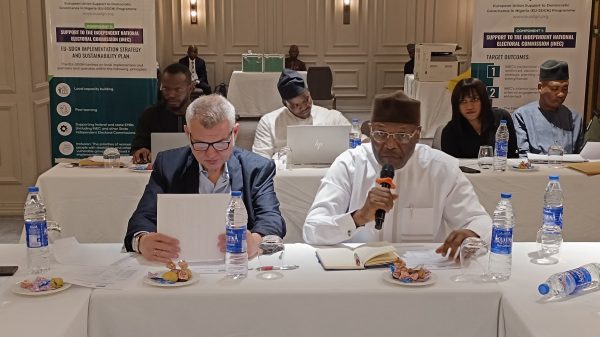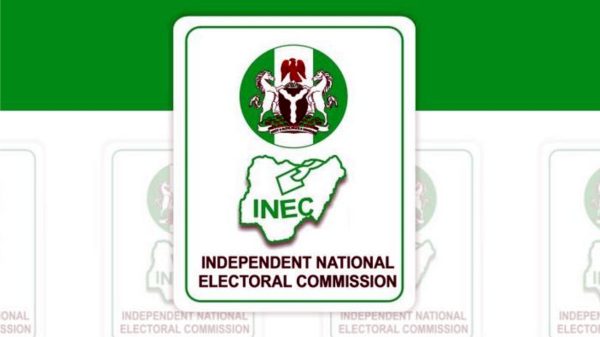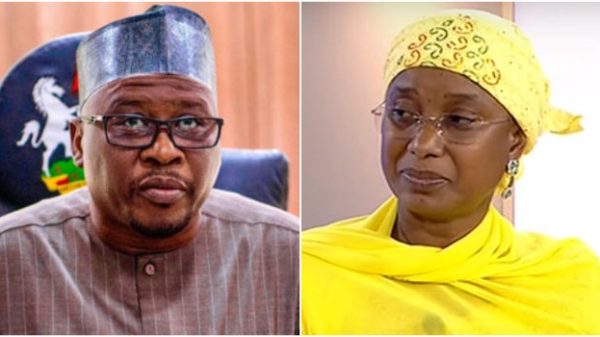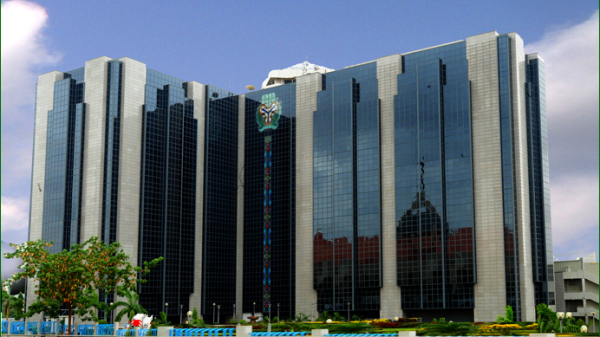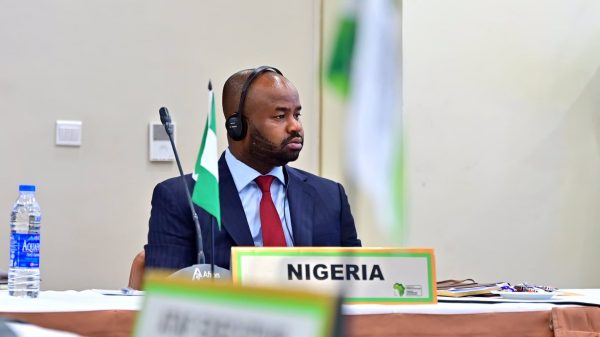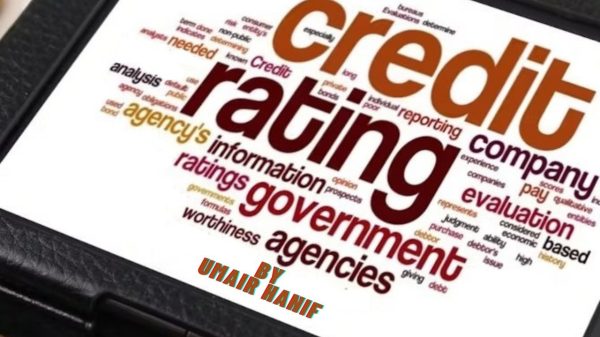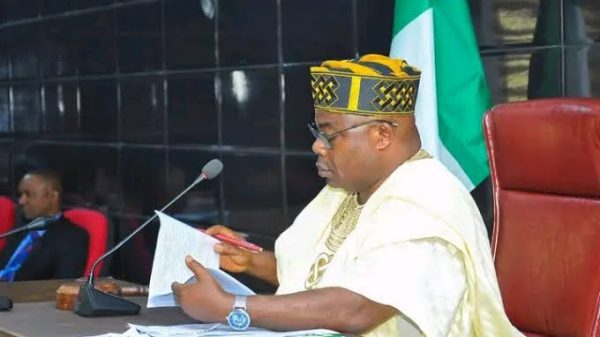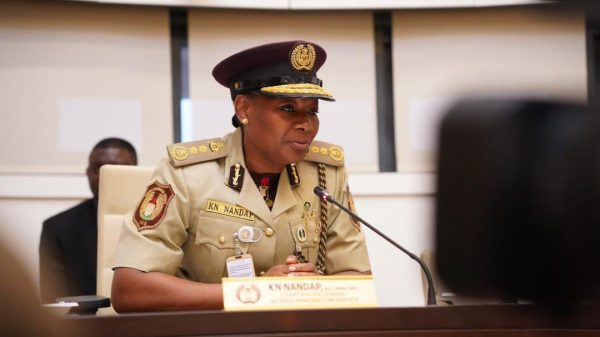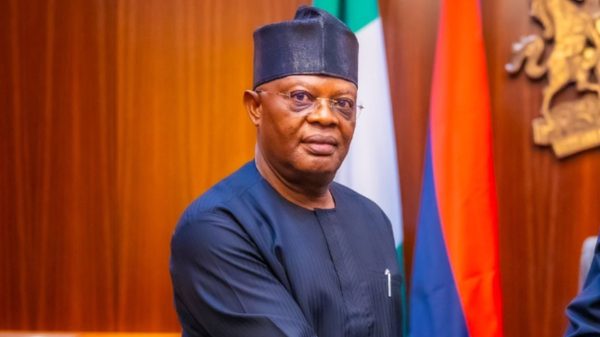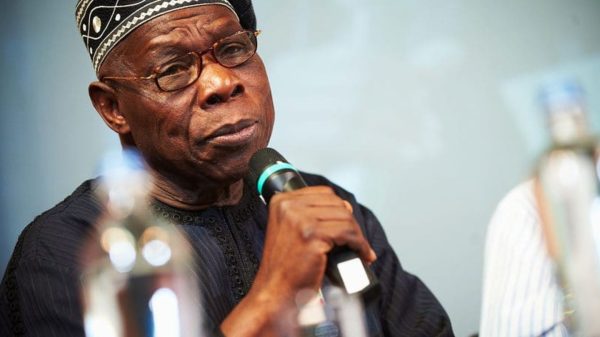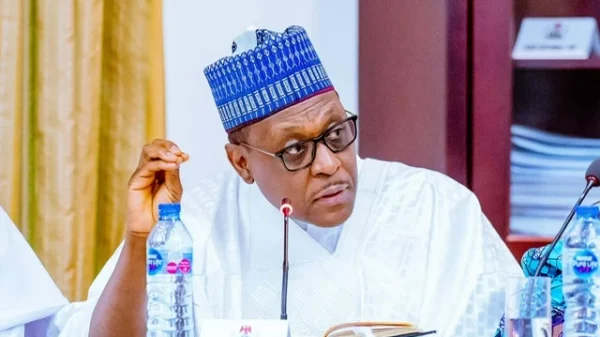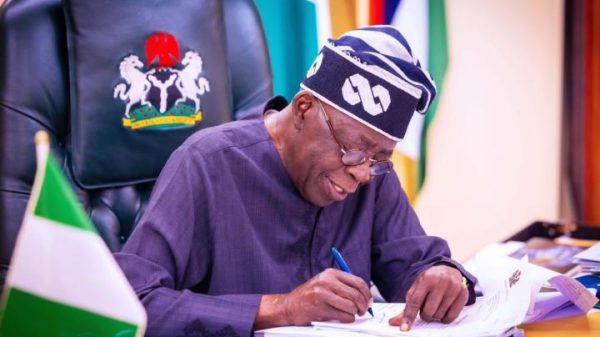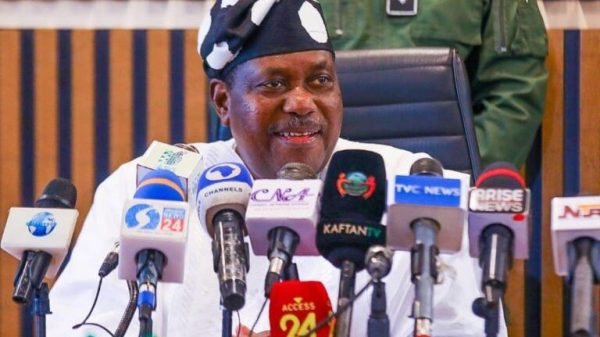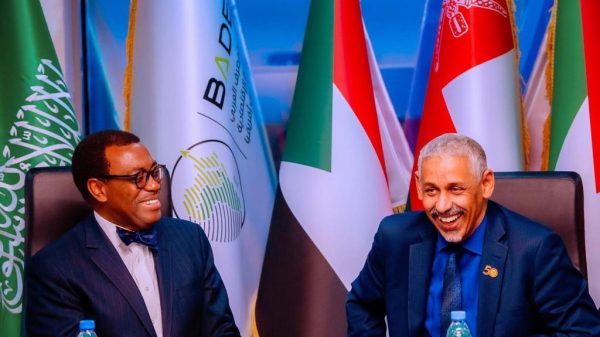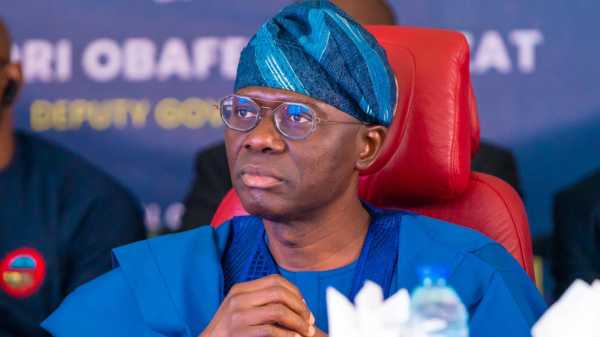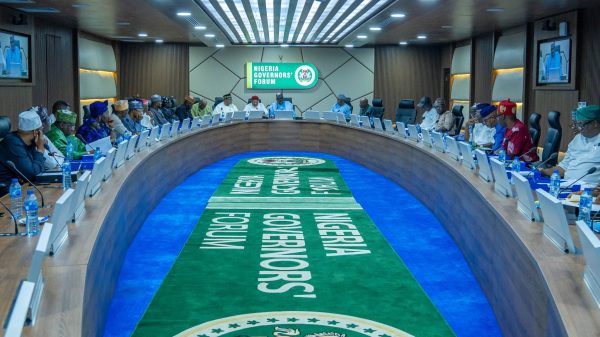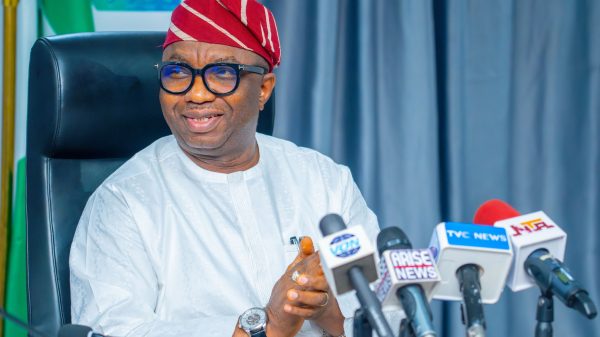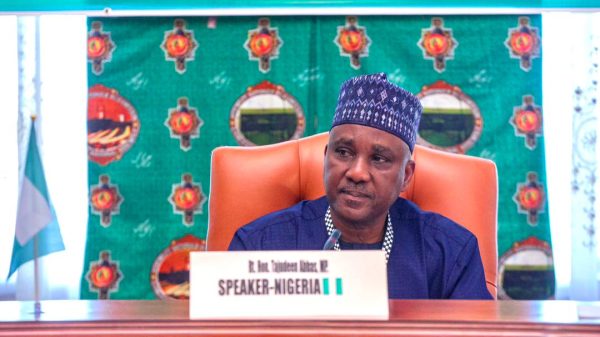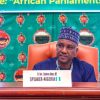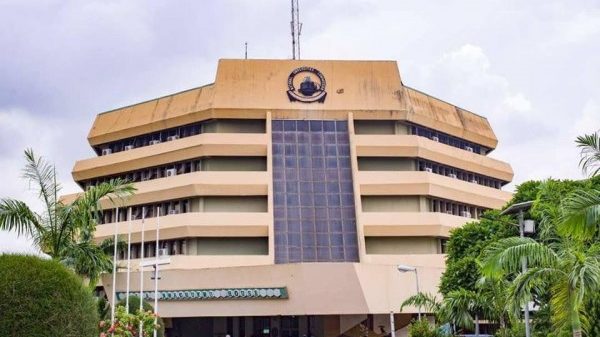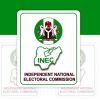By TechnocratMedia
Ben Akabueze, director general (DG) of the budget office of the federation, says the suspension of the implementation of the 5% telecommunications excise duty will affect the 2023 budget.
The DG said this on Arise TV during an interview on Tuesday.
The minister of communications and digital economy announced the suspension of the 5% telecoms tax on Monday, which he said was approved by President Muhammadu Buhari.
Reacting to the development, Mr Akabueze said, the suspension would harm the federal government’s projections for the next year’s budget.
He also added that the government may need to alter the recently developed Medium Term Expenditure Framework (MTEF) and the Fiscal Strategy Paper (FSP).
The budget DG said the MTEF and FSP had already gone through a long process before it was officially endorsed, saying altering it would negatively affect the government’s plan for 2023.
“I don’t know about the suspension. This is the law now. So, beyond what I have read in the media, we haven’t been advised in terms of the suspension. For instance, recently the Federal Executive Council (FEC) passed the MTEF for 2023-2025,” he said.
“The framework that the FEC passed includes projections for this tax. That framework is currently before the national assembly. Over the last two weeks, we have been holding meetings with agencies of government on this.
“If we are formally advised that this is no longer applicable, then we will have to rework that Medium Term Expenditure Framework.
“What that means is that the projected revenues will decline and the deficit will increase, which means that we either have to cut back on expenditure or increase debt.
“The MTEF proposal has a total of N19.76 trillion, with a proposed deficit of N12.42 trillion. We face critical fiscal challenges which we need to address.”
Mr Akabueze said companies in Nigeria are not over-taxed compared with some other twenty-one African countries.
According to him, the average effective tax rate (AETR) in some African countries, for the telecoms sector, which measures the per cent of the income that an individual or a corporation pays in taxes, is currently over 90 per cent.
He added that the matter had been extensively deliberated upon before it was released to the public.
“This wasn’t something that the ministry of finance woke up and introduced. The finance bill went through the FEC. It went to the national assembly as an executive bill from Mr. President. At the end of the day, it was passed and they signed it into law.
“We were engaging with customs and the Nigerian Communications Commission (NCC) about implementation,” Mr Akabueze said.
Excellent journalism is expensive. It is only the same that can help to build our society and country to entrench good governance, and development and ensure justice for all.
We need your support for investigative findings and special reports to demand accountable and transparent government. DONATE today to help us stay relevant to serve your quest for accurate and authentic stories.
DONATE TO 0450702364, naira OR 0657626454, USD – GTBANK
TECHNOCRAT INNOVATIONS PLUS LTD






